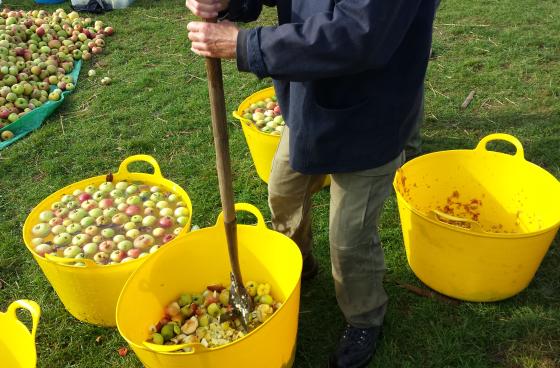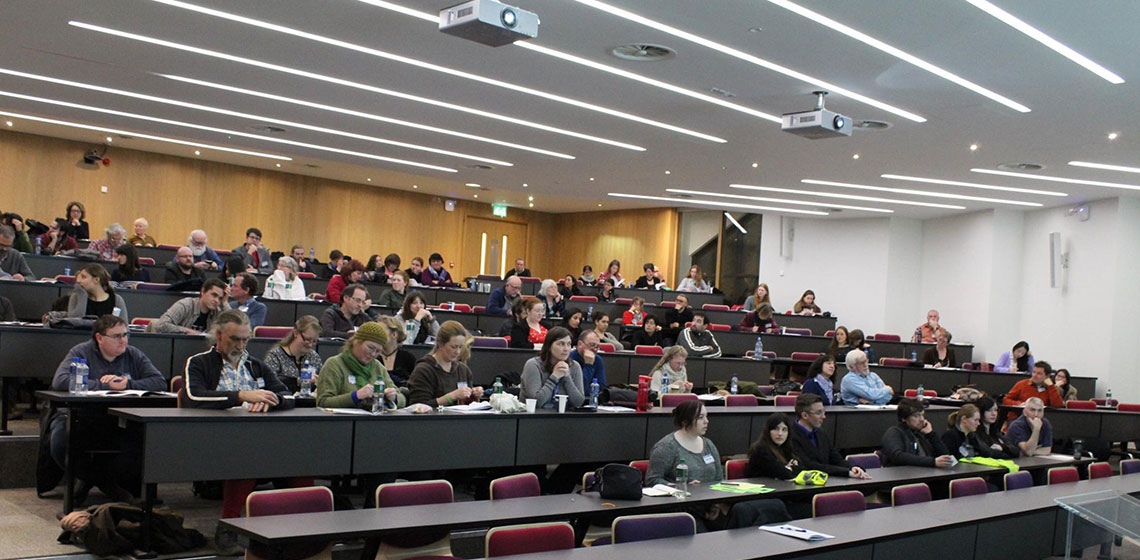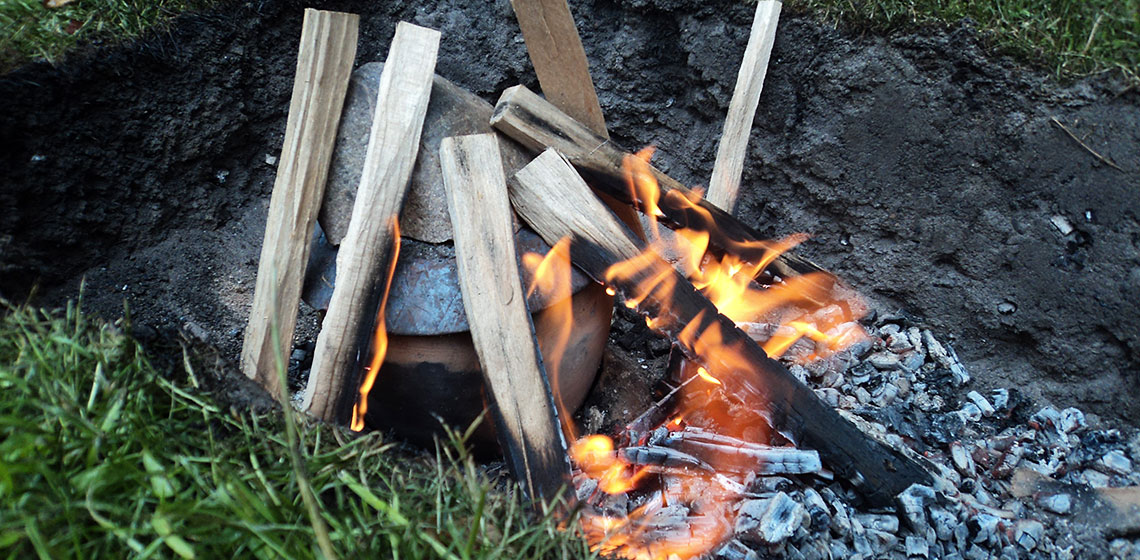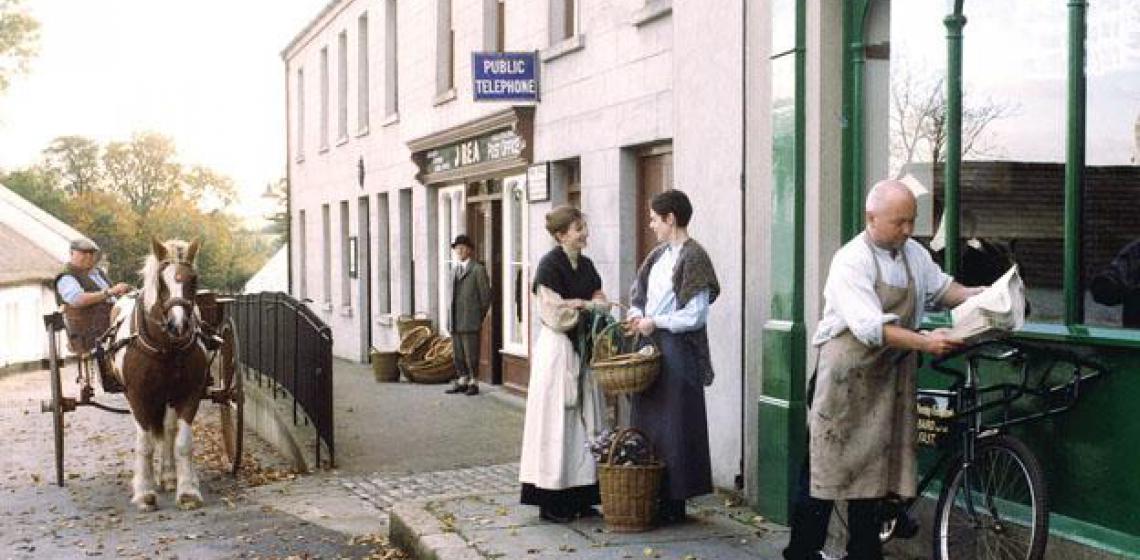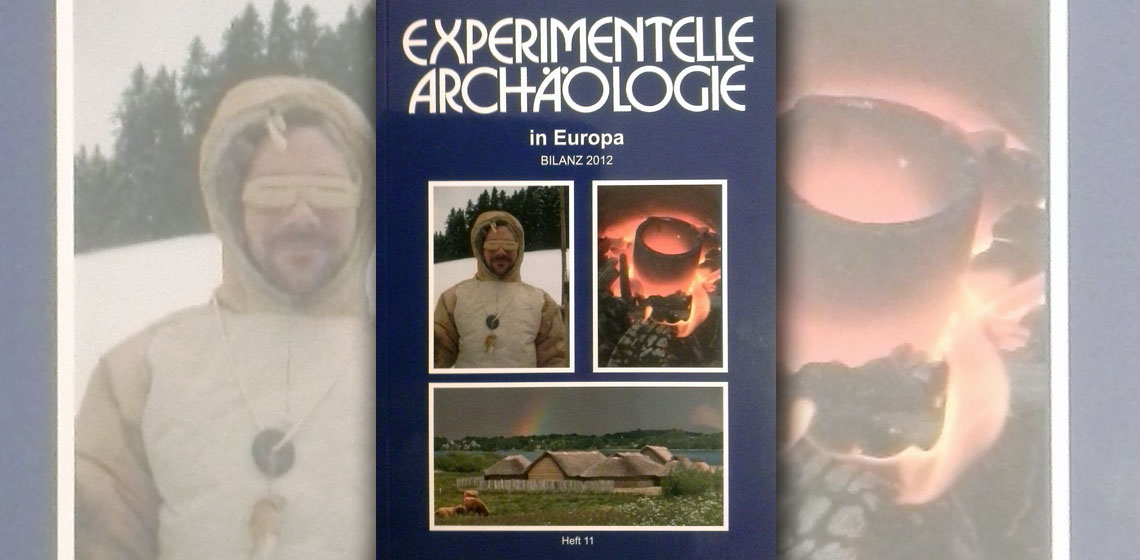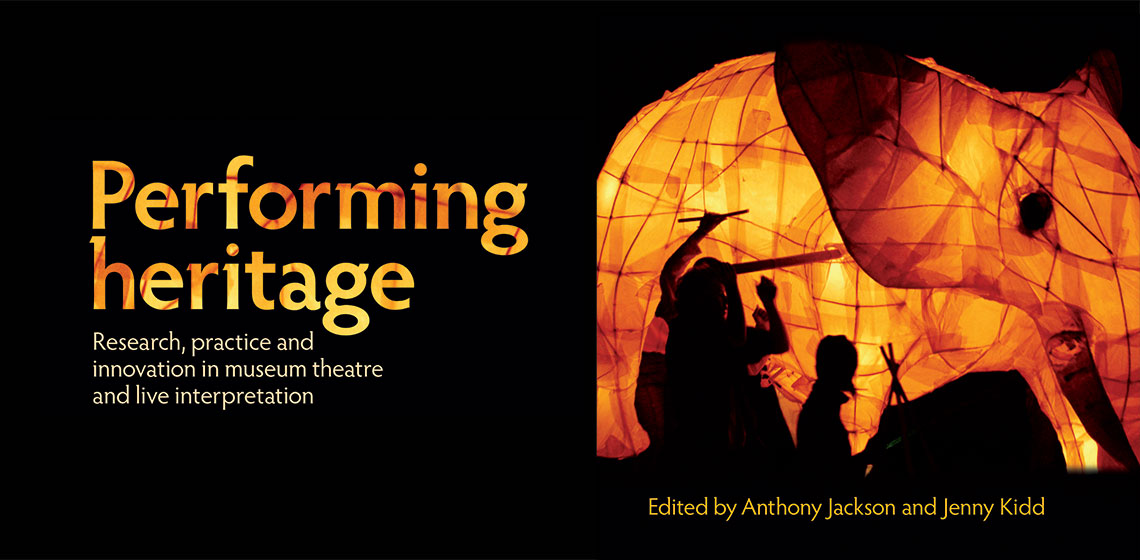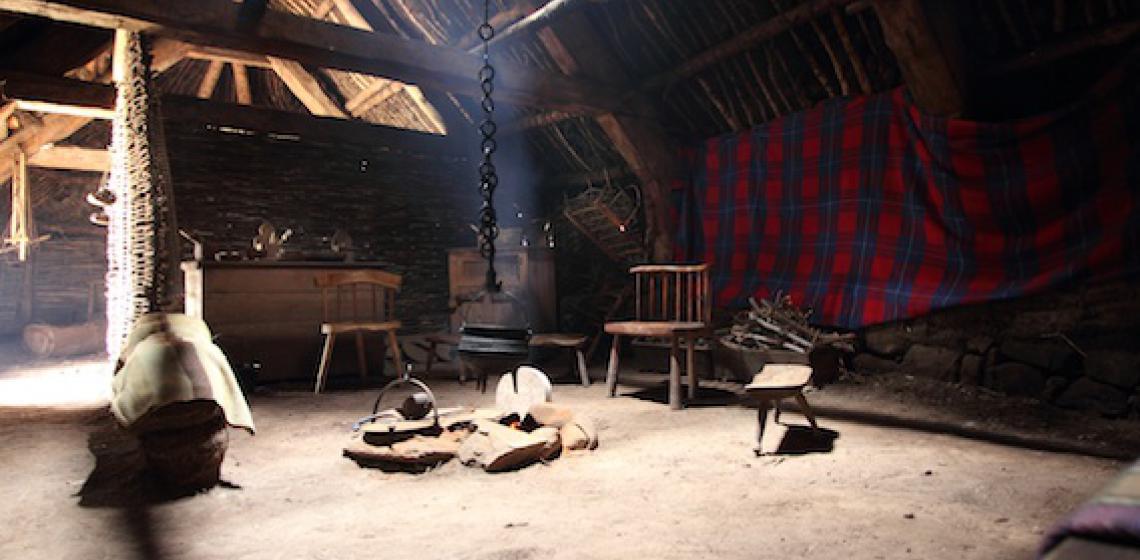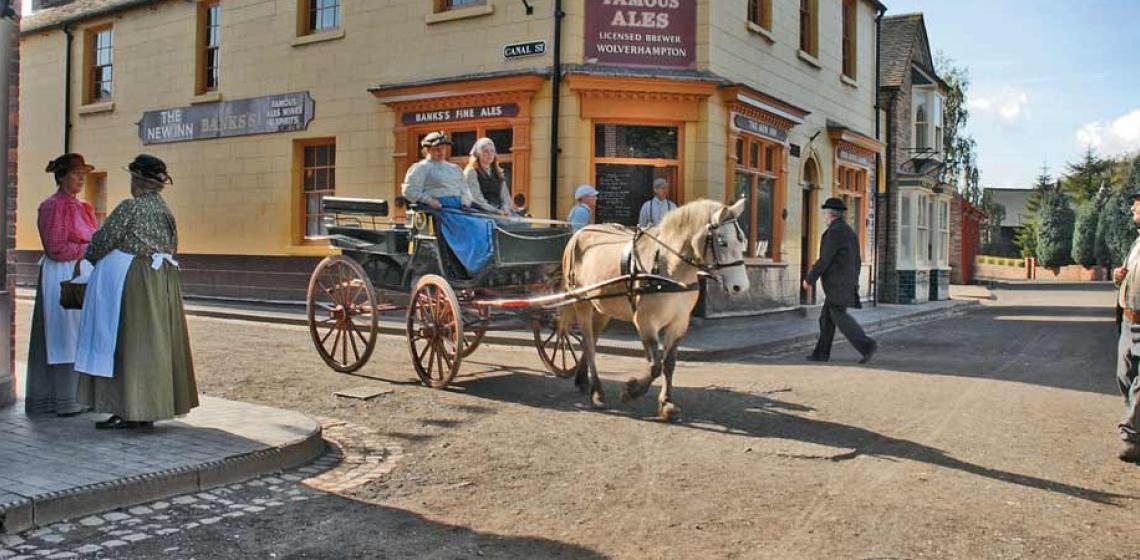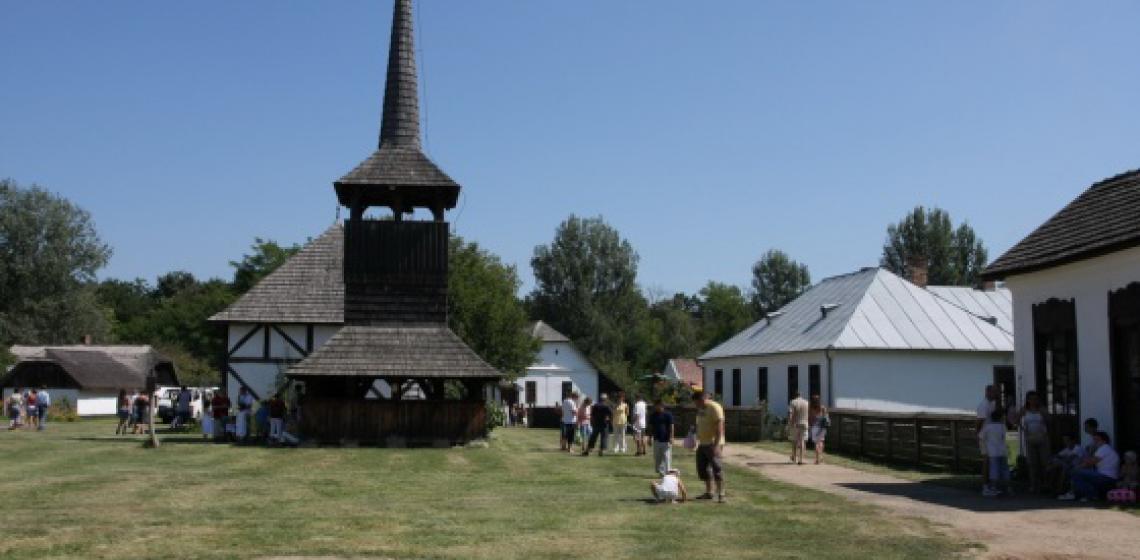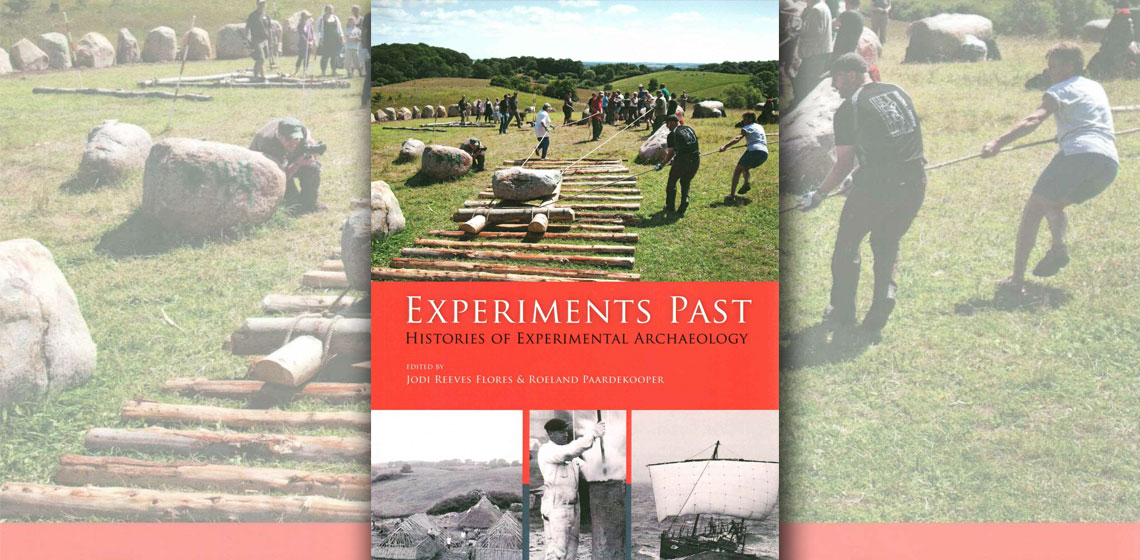Apple Weekend
A chance to bring your own apples to be crushed into juice in our Roman Apple press! Bring a container! Lots of heritage crafters from around Dorset will be showing their skills including woodworkers, a forager, local wildlife conservation groups, historic groups, our storyteller in the Earthhouse and Living History Display from a Viking group.

